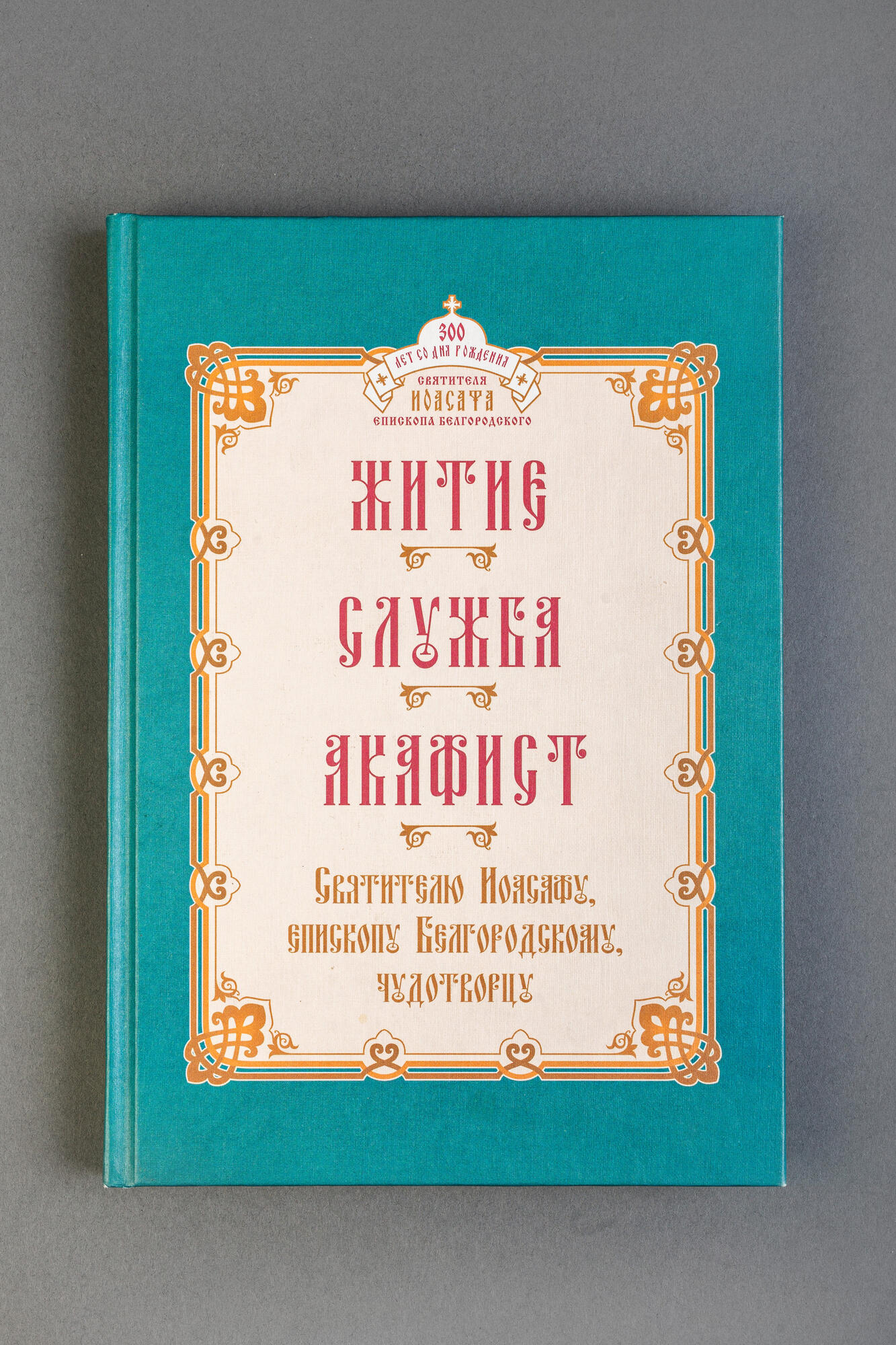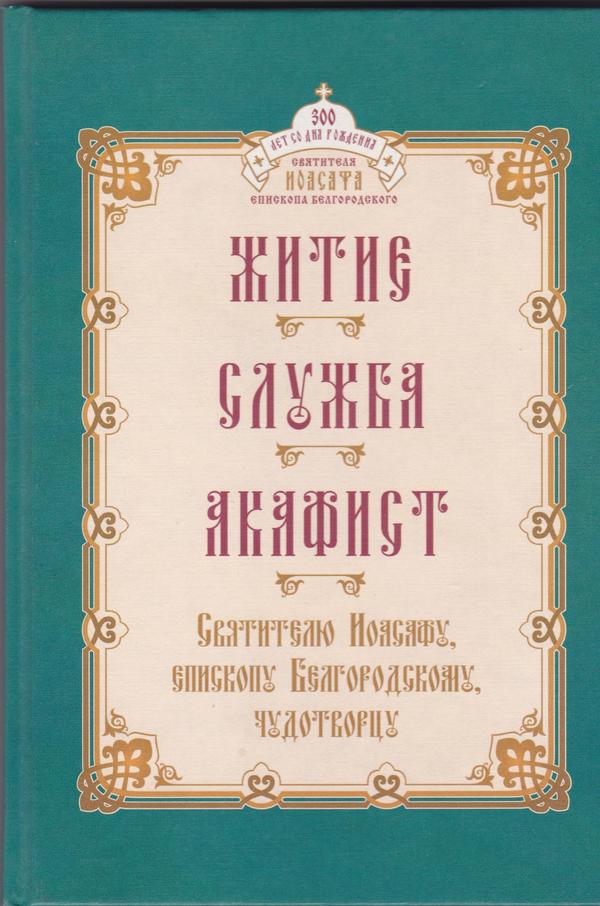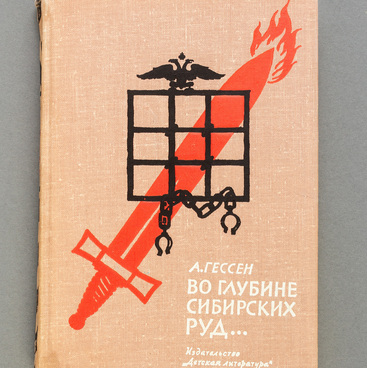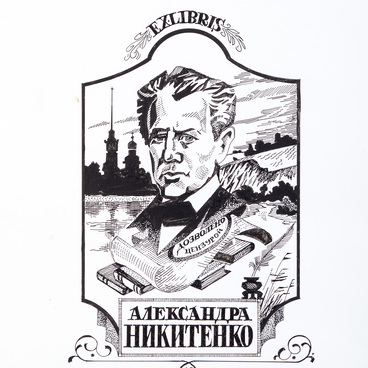The life and work of Joasaph (Gorlenko), the holy Bishop of Belgorod and Oboyan, are commemorated in numerous works written both in the genre of secular biography and hagiography. The first official legend (“Life”) was written in 1911 and timed to coincide with the celebration of the saint’s canonization, the last was prepared for the 300th anniversary of his birth.
The presented reprint edition combines the Life, the text of the church service, and the akathist to the saint.
The biographer was protopriest Oleg Kobets. The local history expert Alexander Nikolayevich Krupenkov, who was then a researcher at the Pushkin Library-Museum, and Irina Vasilyevna Medvedeva, a bibliographer of the local history literature department of the Belgorod Scientific Library, worked on the list of references. In 2012, in the Belgorod and Stary Oskol diocese, the saint was officially recognized as the founder of Belgorod literature. His literary legacy included a brief autobiography that recounts events up to May 1746; the poem “The Battle of the Seven Heavenly Virtues with the Seven Deadly Sins…”, written for the visit of Archbishop Raphael (Zaborovsky) to the Kyiv-Mohyla Academy; one “Sermon” (teaching), a number of letters, pastorals and ancestral notes.
Researchers note traditionalist views and a pronounced ideological orientation as characteristic features of the bishop’s creative thinking. The text of his poem is replete with references to an Epistle of John Chrysostom and Christian allegories.
Akathist is a song of praise addressed to Christ, the Mother of God, or a saint. Derived from the ancient Greek language, “akathist” literally means “unseated hymn”: it is supposed to be read or listened to while standing (with exceptions allowed only for the sick), be it at home or church — facing the icon, or (in the absence of an icon) — standing facing east.
The text of an akathist includes an ikos and kontakia. In a small song — kontakion — an event from the life of the saint is briefly described; in the ikos, the same event is revealed more fully. The reading of an akathist is also accompanied by the reading of troparia — short songs of praise dedicated to the lives of saints, events, or holidays.
The presented reprint edition combines the Life, the text of the church service, and the akathist to the saint.
The biographer was protopriest Oleg Kobets. The local history expert Alexander Nikolayevich Krupenkov, who was then a researcher at the Pushkin Library-Museum, and Irina Vasilyevna Medvedeva, a bibliographer of the local history literature department of the Belgorod Scientific Library, worked on the list of references. In 2012, in the Belgorod and Stary Oskol diocese, the saint was officially recognized as the founder of Belgorod literature. His literary legacy included a brief autobiography that recounts events up to May 1746; the poem “The Battle of the Seven Heavenly Virtues with the Seven Deadly Sins…”, written for the visit of Archbishop Raphael (Zaborovsky) to the Kyiv-Mohyla Academy; one “Sermon” (teaching), a number of letters, pastorals and ancestral notes.
Researchers note traditionalist views and a pronounced ideological orientation as characteristic features of the bishop’s creative thinking. The text of his poem is replete with references to an Epistle of John Chrysostom and Christian allegories.
Akathist is a song of praise addressed to Christ, the Mother of God, or a saint. Derived from the ancient Greek language, “akathist” literally means “unseated hymn”: it is supposed to be read or listened to while standing (with exceptions allowed only for the sick), be it at home or church — facing the icon, or (in the absence of an icon) — standing facing east.
The text of an akathist includes an ikos and kontakia. In a small song — kontakion — an event from the life of the saint is briefly described; in the ikos, the same event is revealed more fully. The reading of an akathist is also accompanied by the reading of troparia — short songs of praise dedicated to the lives of saints, events, or holidays.




